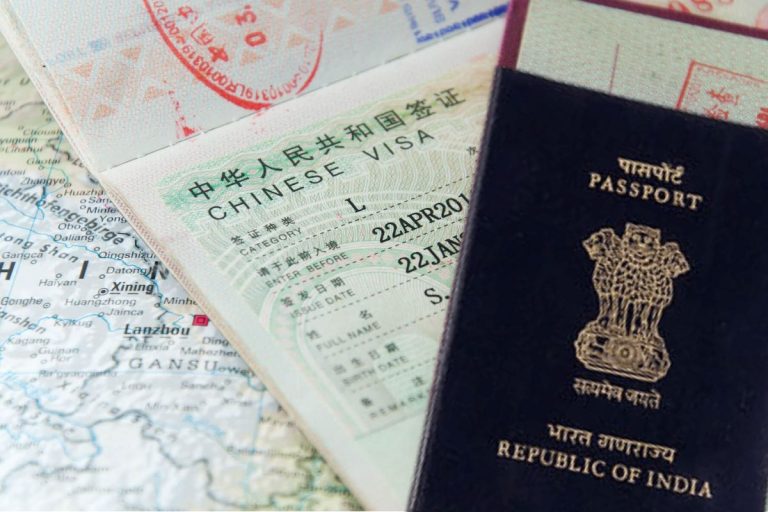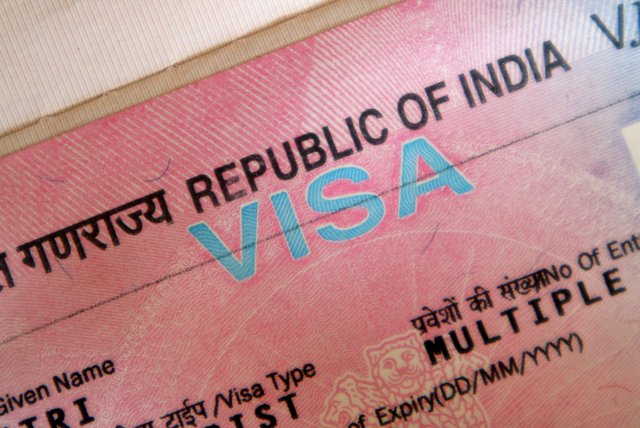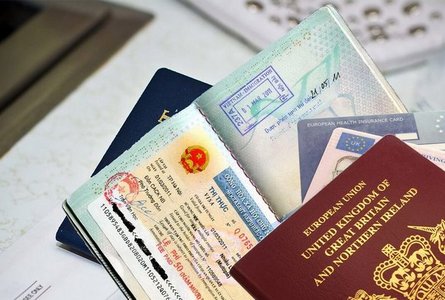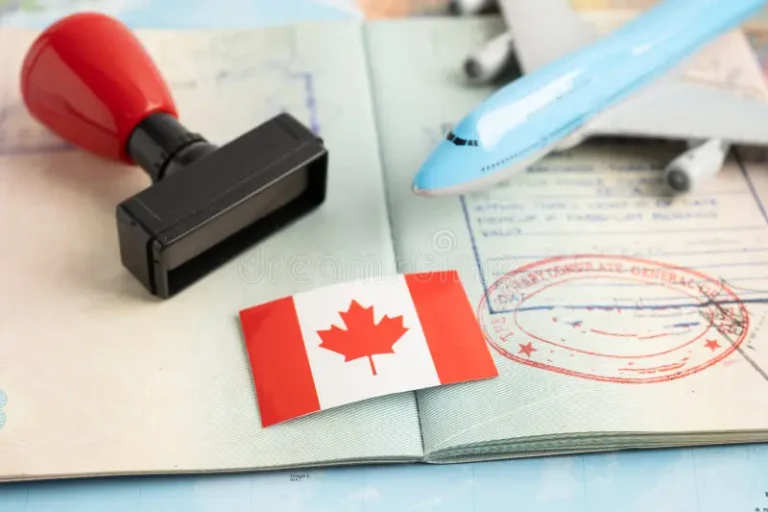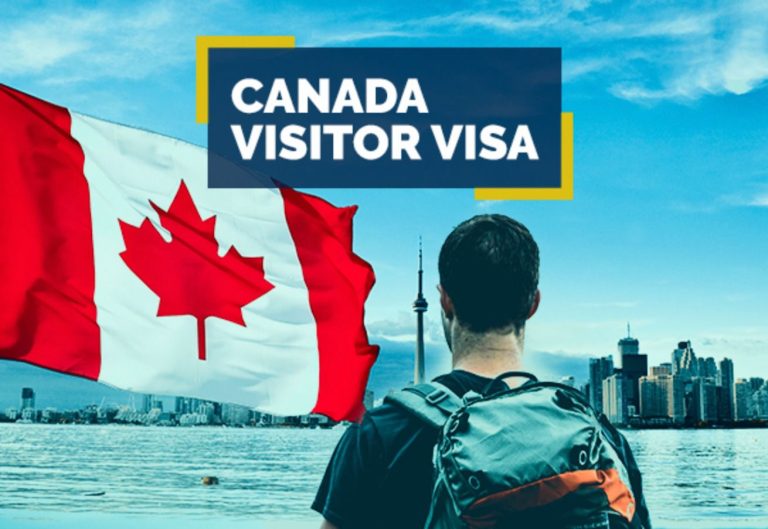Why Was My Indian Visa Rejected? Common Reasons and How to Avoid Them
Are you excited to visit India but frustrated because your visa application was rejected? Don’t worry, it happens more often than you think! There are several common reasons why Indian visas are rejected, including incomplete applications, insufficient funds, and even mistakes on the application form. In this blog post, we’ll explore these reasons in detail and provide tips on how to avoid them so that you can get that coveted Indian visa and start exploring all the wonders of this incredible country. So let’s dive in! TYPES OF INDIAN EVISA
What is an Indian Visa?
An Indian visa is a document that allows foreign nationals to enter, stay, and work in India for a certain period of time. There are many different types of Indian visas, each with their own requirements and restrictions. If your Indian visa has been rejected, it is most likely because you did not meet the requirements for the type of visa you applied for, or because there was something incorrect or missing from your application.
The most common reasons for Indian visa rejection are:
-Incomplete or incorrect application form
-Insufficient supporting documents
-Violation of visa conditions
-Past criminal history
-Security concerns
If you are planning to apply for an Indian visa, make sure that you complete the application form correctly and include all of the required supporting documents. Be sure to read all of the terms and conditions carefully before submitting your application, and make sure that you will be able to comply with them. If you have any past criminal convictions, be prepared to explain them in detail and provide supporting documentation. Be aware that security concerns are often cited as a reason for visa rejection, so if you have any concerns about your safety in India, it is best to raise them with the consular officer during your interview.
Types of Indian Visas
There are many reasons why an Indian visa may be rejected. The most common reason is that the applicant has not provided all of the required documentation. Other reasons include providing false information on the application, having a criminal history, or being on a terrorist watch list. INDIAN VISA REJECTED
If you are planning to apply for an Indian visa, make sure you have all of the required documentation. This includes a valid passport, two passport-sized photographs, and a completed visa application form. You will also need to provide proof of travel plans and accommodations in India. It is important to be honest on your application and to provide any relevant information about your criminal history, if any. If you are found to have provided false information or omitted relevant information, your visa may be rejected.
If you have been denied an Indian visa in the past, there is still a chance you may be able to obtain one. The embassy or consulate will usually provide a list of requirements that must be met in order to reapply for a visa. These requirements may include obtaining new documentation or providing additional information about your travel plans or criminal history. If you are still denied a visa after reapplying, you may consider using a different type of travel document, such as an eVisa which does not require an in-person interview at the embassy or consulate
Reasons for Indian Visa Rejection
There are a number of reasons why an Indian visa may be rejected. The most common reason is that the applicant has not provided enough documentation to prove their eligibility for a visa. Other reasons for rejection include providing false or misleading information on the application, having a criminal record, or being considered a security risk by the Indian government.
To avoid rejection, it is important to make sure that all required documentation is included with the visa application and that all information provided is accurate and truthful. Applicants should also be aware of any potential red flags that could trigger additional scrutiny from the Indian authorities, such as having a previous visa denial or providing conflicting information on the application.
How to Avoid Rejection for an Indian Visa
If you’re planning to travel to India, it’s important to be aware of the potential reasons your Indian visa could be rejected. While each case is unique, there are some common reasons for rejection that you can avoid with proper planning and preparation.
One common reason for rejection is incomplete or incorrect paperwork. Be sure to double-check all the information on your application and supporting documents before submitting them. Another common issue is failing to provide sufficient evidence of ties to your home country, such as a job or family. If you’re not able to demonstrate strong ties, you may need to provide additional documentation or explanation.
In some cases, applicants are rejected because they pose a security risk. This can be due to past criminal activity or suspected terrorist ties. If you have any concerns about this, it’s best to consult with an experienced immigration attorney before applying for a visa.
Keep in mind that the Indian visa application process is often very competitive. Even if you do everything right, there’s no guarantee you’ll be approved. If your application is rejected, don’t despair – try reapplying again after addressing the issues highlighted in your rejection letter.

